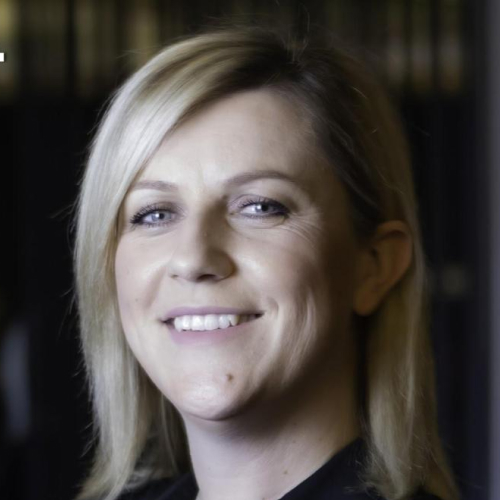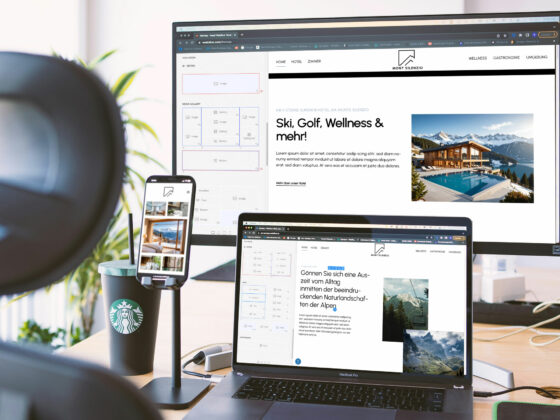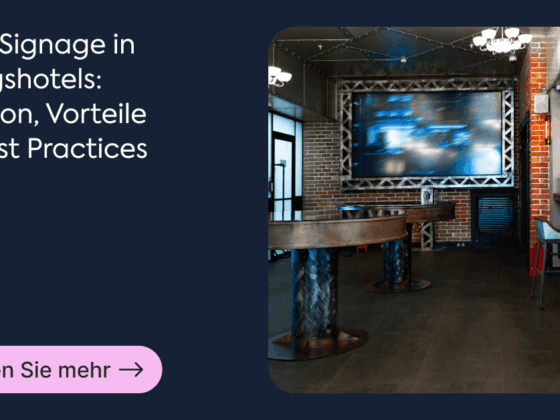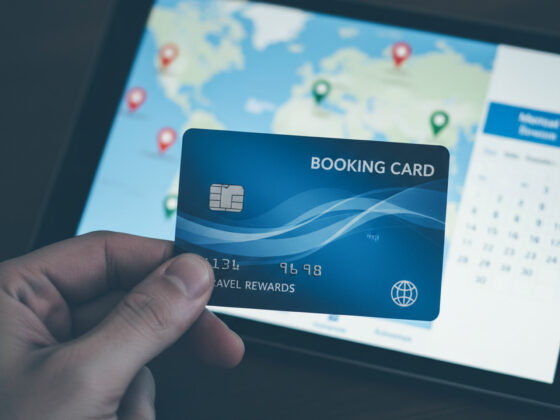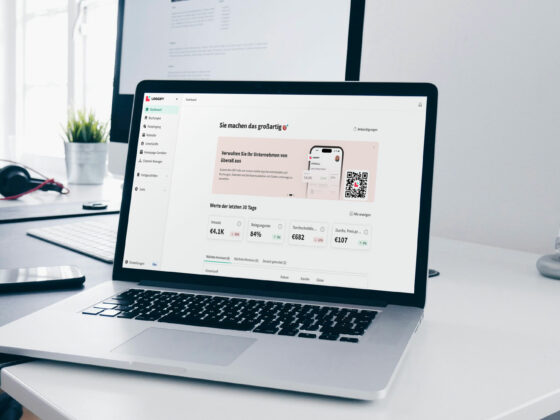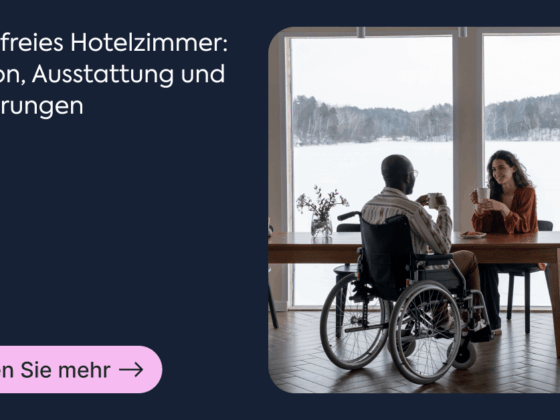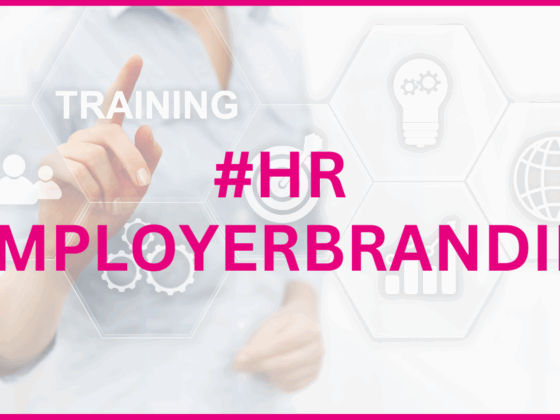Bluesun Hotels & Resorts has 12 hotels along Croatia’s Adriatic coast, a region that was named among the world’s best to travel to in the Conde Nast Traveller Reader’s Choice Awards for 2022. With 2,629 rooms and more than 80 food and beverage outlets across its properties, we wanted to understand how the Bluesun teams manage operations across these diverse outlets in a time of rapid change. To do this, we spoke with Ivana Kralj, the company’s Director of Hotel Operations, and in this case study, we will cover:
- The opportunity working in operations today
- Quickly-changing guest expectations
- The need for education
- Limits of legacy technology
- Using change as an opportunity to improve
- Overcoming initial concerns
- Taking advantage of seasonality upgrade technology
- The impact of modern technology on Bluesun’s operations today
In speaking with Kralj, it quickly became clear how focused she is on supporting her teams. “Our employees are the most important people to us. In this industry, everything begins with them and ends with them. That’s why we need to have tools to help them do their jobs more effectively – especially daily operational tasks.”
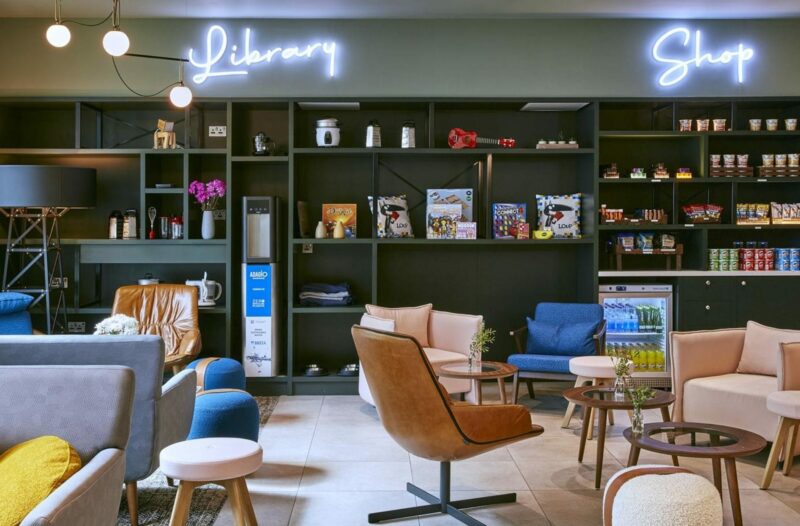
This perspective comes from her own career journey in hospitality. Kralj has been working in tourism for 17 years, and 14 years with Bluesun.
“I’ve always been interested in tourism and studied that in school. I’ve worked in almost every department of a hotel from reception to housekeeping to food and beverage to being a hotel manager. All of those roles helped me understand the work and needs of our employees today. They also gave me insight into the expectations of our guests.”
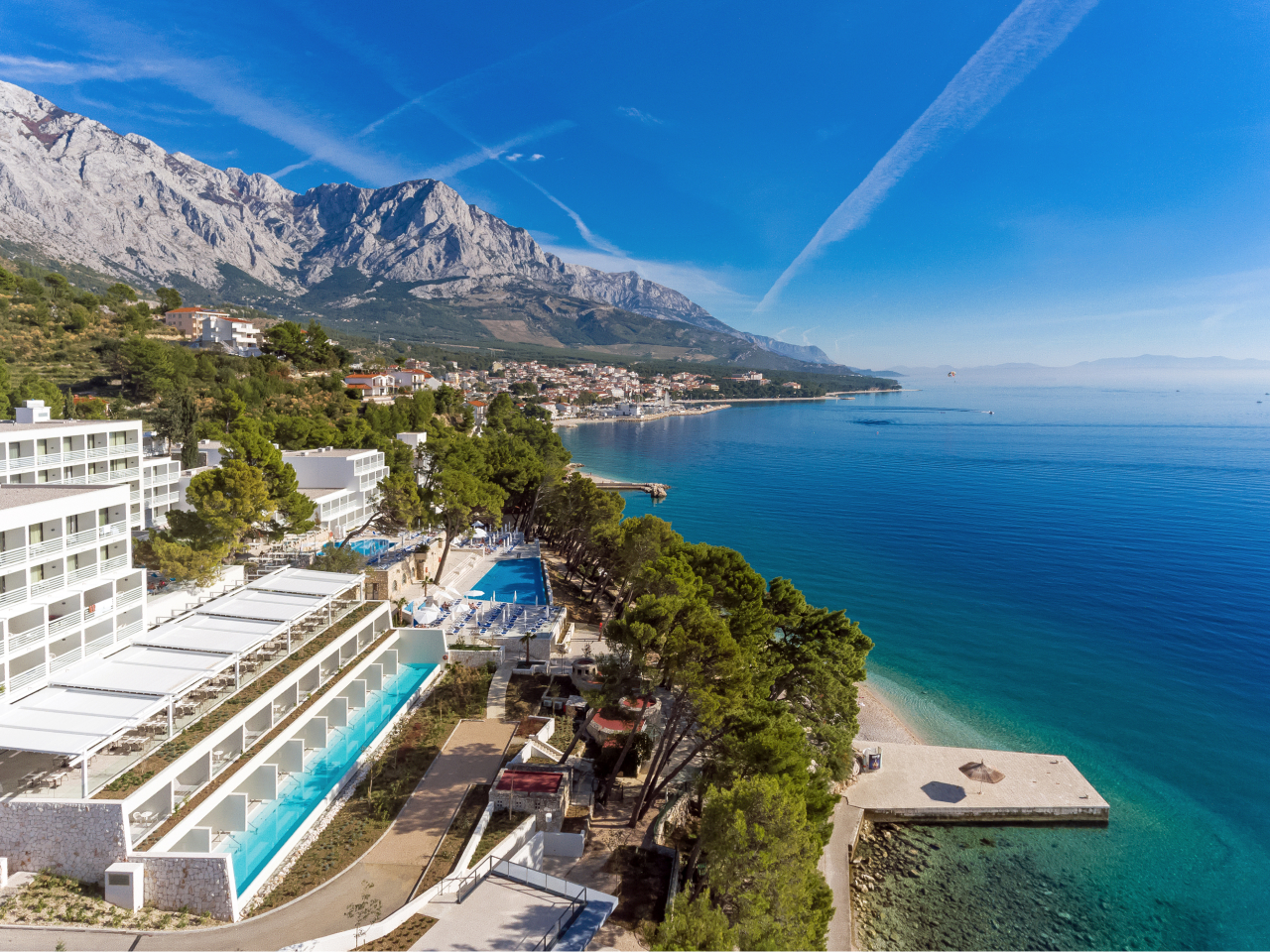
The opportunity working in operations today
Excellence in hotel operations leads to happier guests, better staff, and more profits. Kralj has seen this having worked in operations in a diverse range of roles throughout her career so far.
“Working in hotel operations gives me the opportunity to formulate a vision for how each department can operate efficiently with an understanding of what their unique needs are. My experience enables me to help associates across our business become better and improve.”
“To me, operations is the most interesting role in hospitality. When you’re working in operations, you’re in the middle of everything and get to see everything. Operations connects with finance, HR, and technology – it’s such a fascinating place to work. When I was a hotel manager, I only saw what was going on at a single hotel. Now, I am at the center of activity for 12 hotels across our brand and that’s very exciting for me.”
Quickly-changing guest expectations
“The most interesting part of our work is figuring out ways to better serve our guests because their needs change constantly, and we find they expect more of us every year. That requires us to use all of the knowledge and experience and technology available to meet those changing expectations.”
In her tenure leading operations, Kralj has seen a lot of change in their guest profile – and the expectations of those guests. The regions guests are coming from are constantly evolving. But more significantly, guests are doing more online research to plan their trips and arrive on property with a much better understanding of what’s available.
While Croatia is known for its beautiful beaches, guests are looking for more – and this is where Bluesun’s wide variety of food and beverage outlets can offer a diverse range of experiences to meet the wide range of needs and desires their guests have.
“We have a lot of guests that return to us every year, so we need to change our offerings every year – especially from a food and beverage perspective. We need to constantly look at feedback and identify which dishes aren’t meeting expectations and plan how to improve those and offer new ones. Online reviews and guest feedback drive changes to our menus, drink lists, and other offerings. They’re also used as a tool to educate our waiters and bartenders on how to provide better service.”
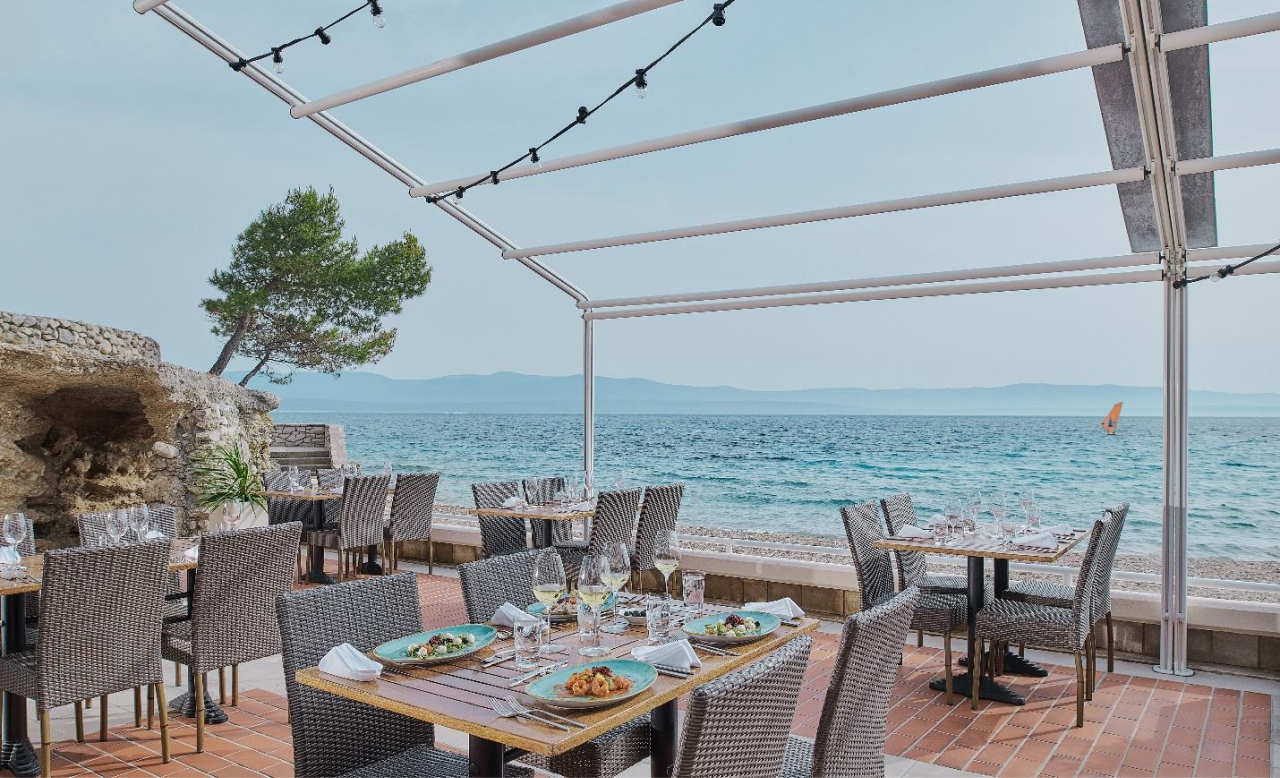
The need for education
As with many hotel brands, Bluesun has experienced labor challenges over the past few years as local hospitality professionals have left for other career opportunities.
“We faced an acute lack of employees and found among people we could hire many did not have any sort of hospitality experience or education. We knew providing education to our teams would be crucial, and that education depended on where they were working.”
Kralj and her team developed a process to address this that started with several days of on-site training for new team members. “This provided the opportunity for them to learn what tasks we are expecting them to perform and the best way to perform them. We focused on practical guidance on how to deal with guests. To provide this training, we leverage internal resources, external educators, and specialized training agencies to provide the best possible learning opportunities for our associates.”
This work was especially meaningful for Kralj, as one of the attractions to hospitality for her was the opportunity to learn and develop. In her view, these skills they are training for are applicable in many different contexts within a hotel, so it’s a valuable offering for both prospective employees and those working at the company already.
Limits of legacy technology
One of the most acute challenges that Kralj used to face in this quickly-changing environment was technology that did not support the dozens of outlets she was managing.
“We had a food and beverage system that was not practical enough to use for the number of hotels we have in the portfolio. It wasn’t so user-friendly and took many steps to add one thing.” With more than 80 outlets, this took time away from other more important tasks.
“We needed a way to manage both inventory and operations in a way that was faster, more flexible, and user-friendly for me, my teams at our outlets, and our corporate operations team,” Kralj said.
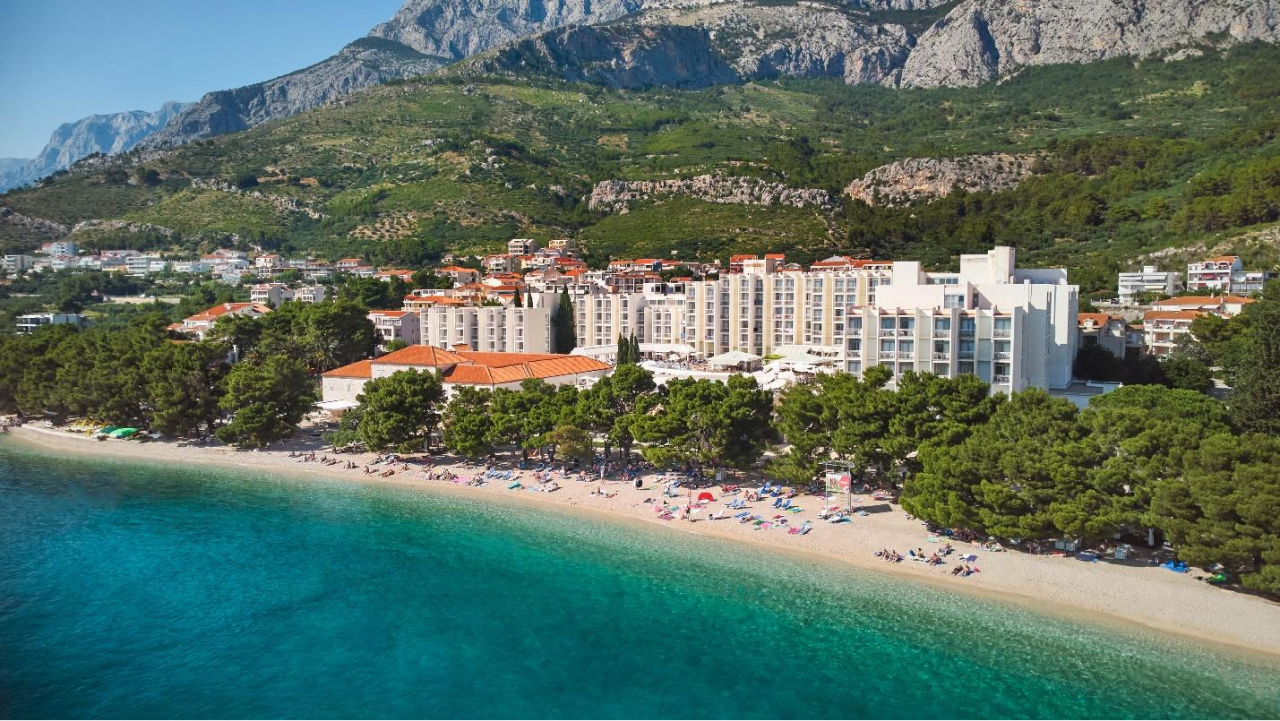
Using change as an opportunity to improve
Bluesun was acquired by another ownership group recently, and this started a conversation about what could be improved. Near the top of the list was more robust, modern food and beverage technology. The new owner suggested Shiji Group based on work they had done at their other hotels.
“In speaking with Shiji, we quickly saw that its cloud architecture presented a very easy, flexible solution that was aligned with the way we wanted to run our business. Tasks that used to take some time could take just seconds to complete.”
Kralj and her team decided to switch their food and beverage technology to Infrasys by Shiji, and the first thing they did after making that decision was focus on educating themselves on the opportunities the new technology provided. “We wanted to make sure that we leveraged the platform in a way that met our needs and supported our unique business operations.”
By spending a little time in advance planning the setup process, installation and onboarding were very straightforward.
“In just a week the Shiji team had everything set up and ready for us, including the training for our teams and food and beverage managers. We opened the new hotel with their system and everything went smoothly.”
Overcoming initial concerns
“Any time you implement something new, there’s always some fear of the new. ‘Why do we need this? I don’t know how to work with it!’ These initial objections are common, but we found when the Shiji team came and we provided education to everyone, the universal feedback was that Infrasys was so easy to use.”
Kralj found that demonstrating the technology was critical in overcoming objections. “We told our team ‘I understand you may be worried about what this change involves, but let’s just take a look at the technology and see what we can do compared to what we do now. You can see for yourself.’”
Overall, Shiji’s consulting team played a vital role in the smooth transition. “I would like to emphasize the importance of Shiji consultants because they were always online or on property for us,” Kralj said. “They were very helpful not only during setup and onboarding but today as well. We found they worked seamlessly with our operations and technology teams – it was a true partnership.”
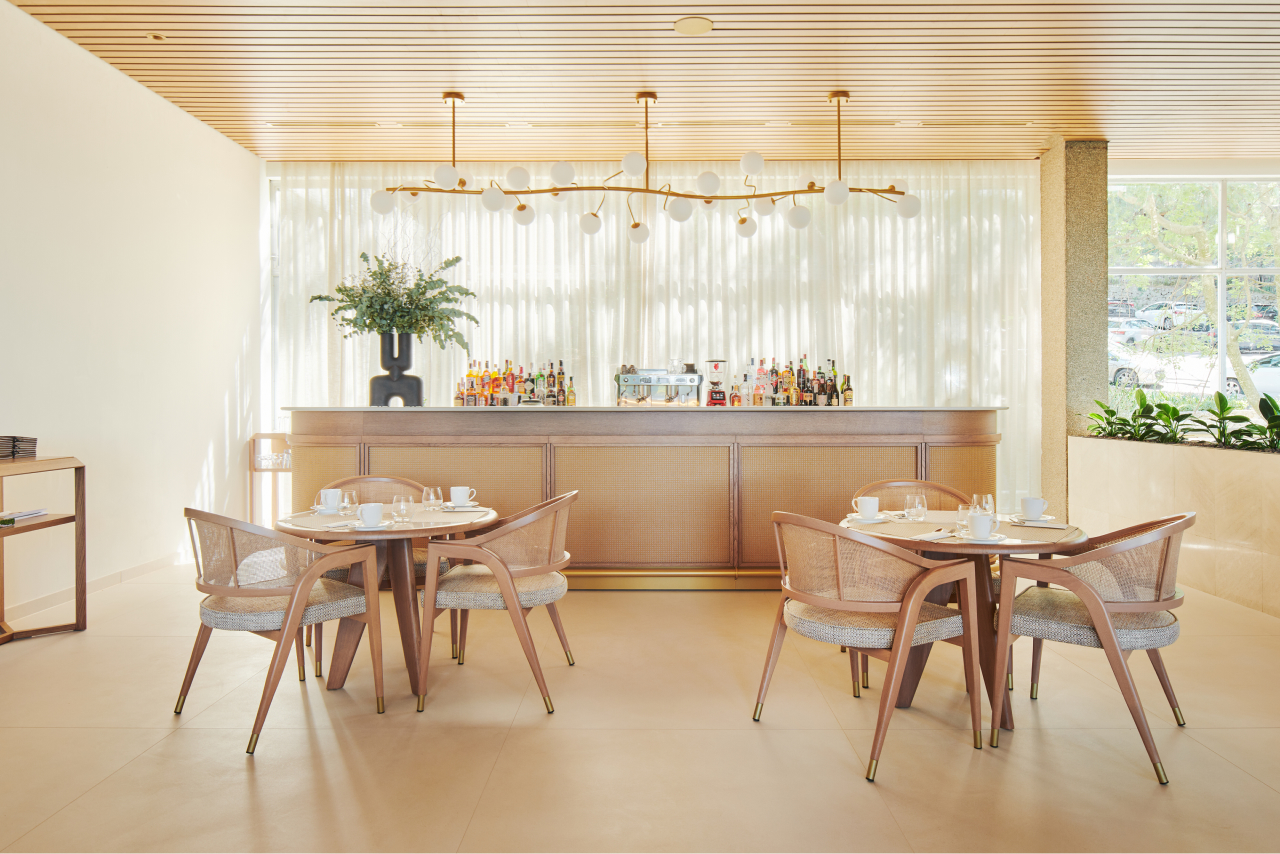
Taking advantage of seasonality to upgrade technology
Bluesun’s properties are seasonal, operating from Spring until Fall, and this presented an opportunity for rolling out new technology.
“We found it useful during the onboarding phase to time the new technology going live with the hotel opening so that we could have a fresh start. Before every opening, we had internal meetings and meetings with the Shiji team to work through potential issues and allow our teams to practice using the new POS technology.”
This process of doing a dry run with the technology and also working closely with Shiji after the opening to address any potential issues was helpful as business picked up and the season turned to Summer.
This experience is now advice that Kralj has for other hoteliers. “If you operate on a seasonal calendar, take advantage of the off-season to assess your technology needs and make changes accordingly.”
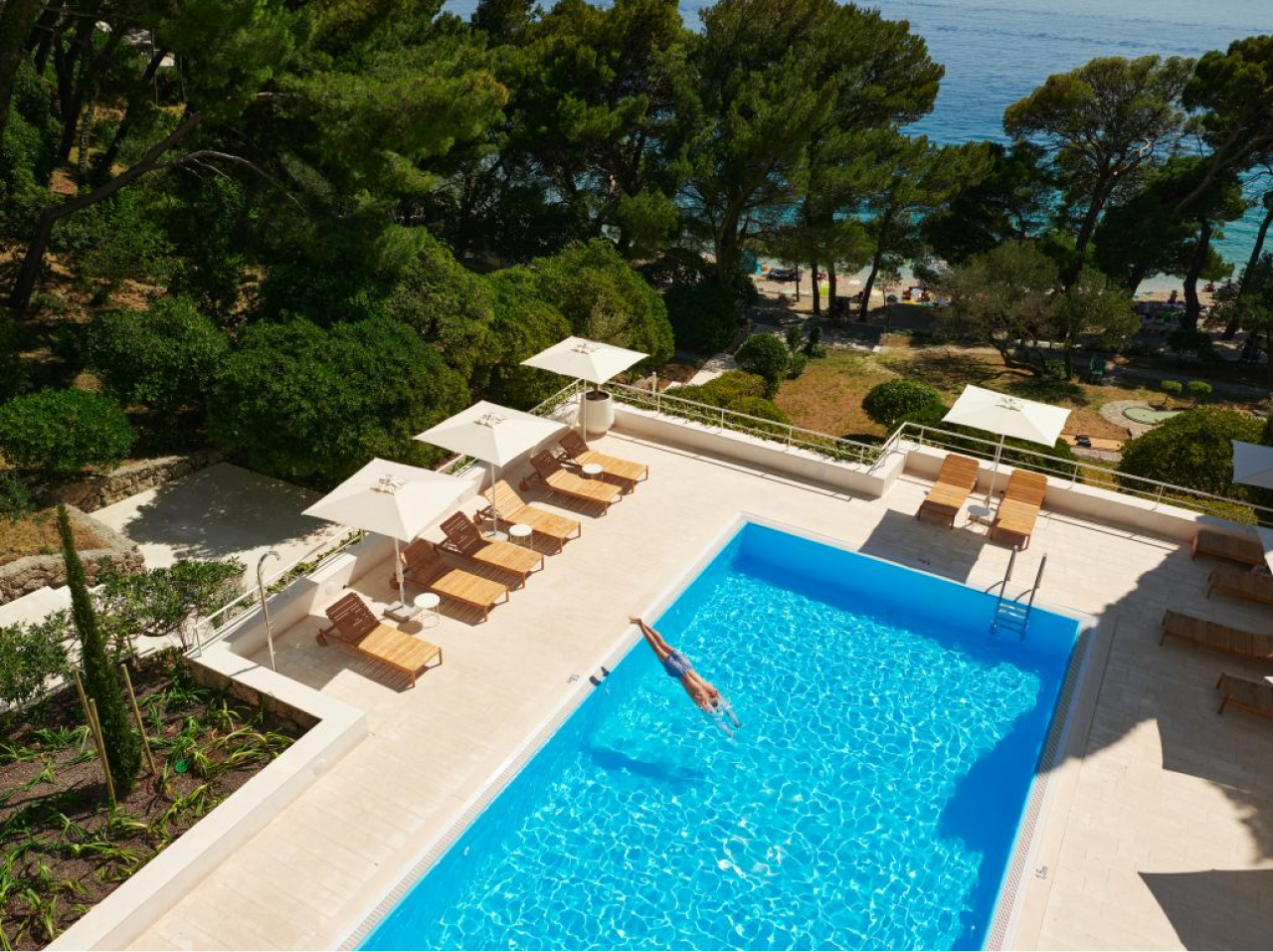
The impact of modern technology on Bluesun’s operations today
“Today with Infrasys, we have a modern, user-friendly cloud POS system – which is critically important to me,” Kralj shared. A benefit now is she can be anywhere in the world and still run her business. “All I need is a good Wi-Fi connection and nothing else.”
This is significant given the scope and complexity of their operations. “One of our resort hotels – Hotel Alga – has 377 rooms and often 700+ guests each night. During dinner time or breakfast time, there are hundreds and hundreds of guests we need to serve – and we need to serve them fast. Infrasys allows us to collect orders and then deliver them quickly. Wait times have been reduced, technology allows us to be efficient and save time behind the scenes.”
This time savings means the Bluesun team can improve the guest experience.
Bluesun is now able to better adjust to a changing economy. They can deal with inflation by adjusting prices much faster than they were able to in the past. “As costs have increased for us, we need to change prices and put them a bit higher than they were. With Infrasys, it is a piece of cake to do that.” In moving to the Euro currency (January 2023), Shiji’s support team helped them make all the required configurations to support this change.
Finally, Kralj has seen that technology empowers her teams to operate without needing to involve her in every little change.
“I can focus on other projects and they’re able to run our food and beverage operations themselves now.”
For any hotel operator, this is the goal: enabling and empowering your people to deliver the best guest experience possible. For Kralj and her team at Bluesun, Infrasys from Shiji has been key in achieving this.

